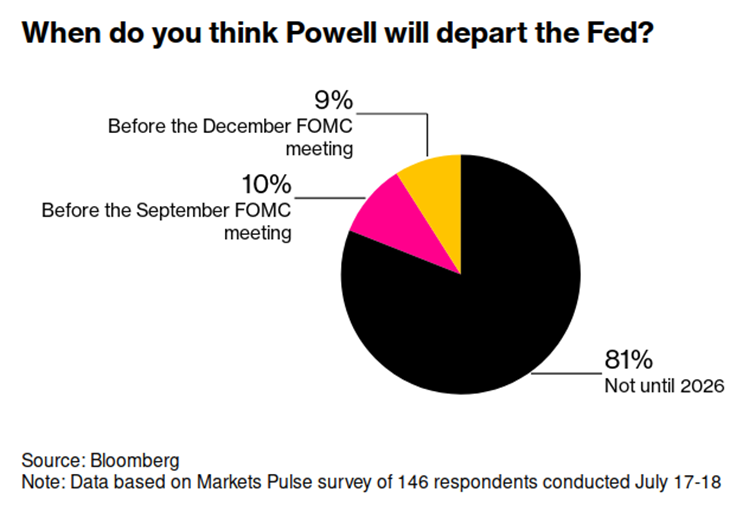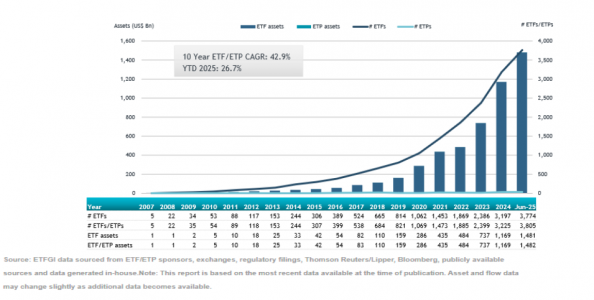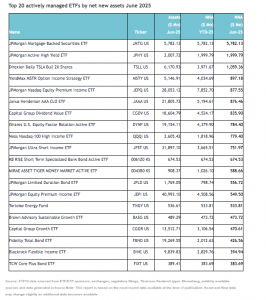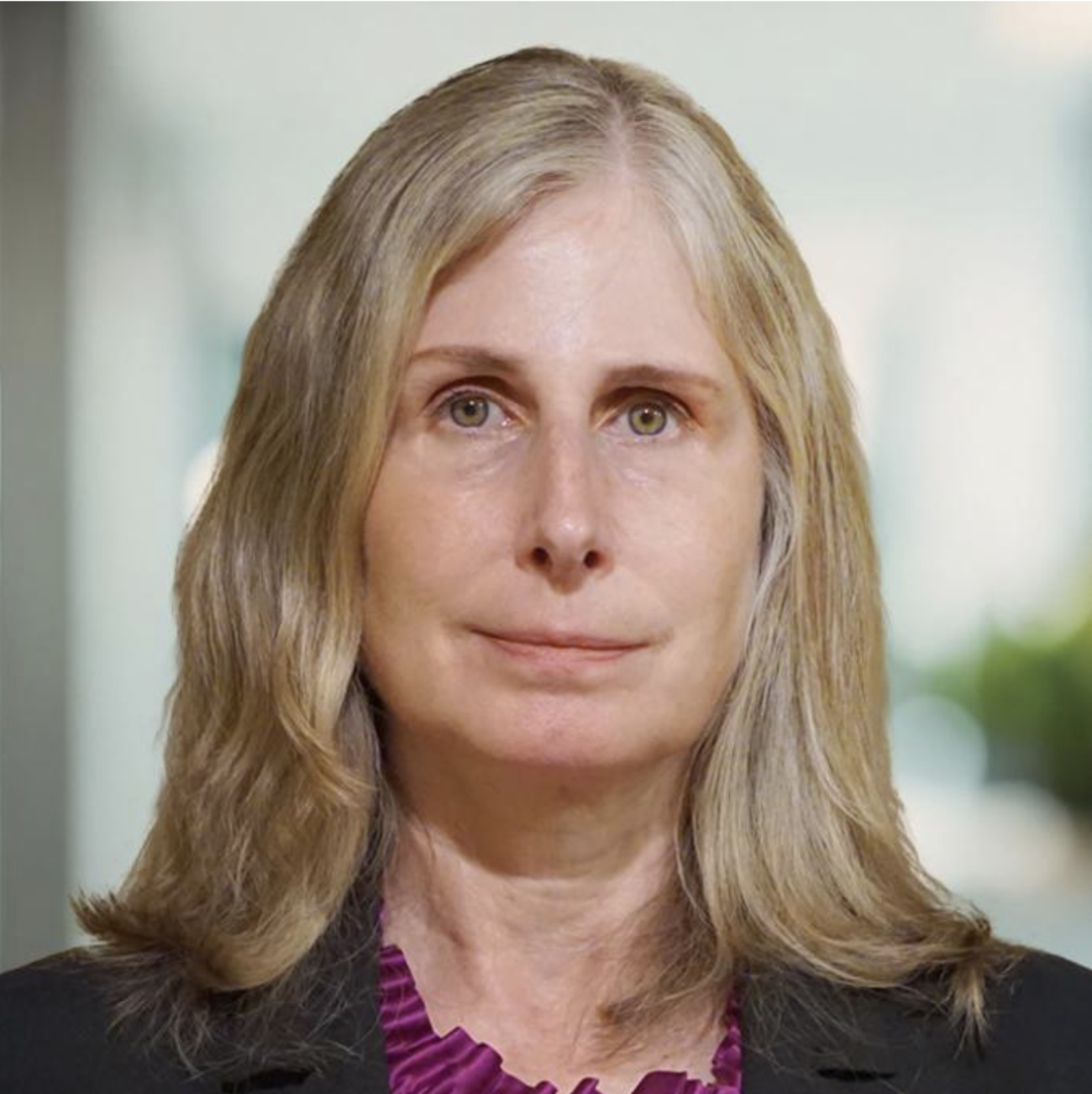Looking Beyond Home Bias? Brazilians Open the Door to Offshore Assets
| By Amaya Uriarte | 0 Comentarios

One of the Idiosyncratic Features of Brazil’s Financial Market—the Largest in Latin America—is Its Notorious Home Bias. With high interest rates, a deep and competitive industry, and substantial capital across all segments, Brazilian investors have historically favored domestic investments. However, this era of local bias appears to be starting to fade, as capital holders in the country recognize the importance of international diversification.
Historically, only a small percentage of total domestic portfolio wealth has been invested in foreign assets, according to data from the Brazilian Financial and Capital Markets Association (Anbima). This includes portfolios of major institutional players such as pension funds, which are even more conservative, with an average of just 1%.
This scenario has been shifting recently, driven by a combination of macroeconomic factors. By May, the real had depreciated 6% against the dollar in 2025, while the Ibovespa had fallen 6.5% year-to-date, reflecting internal fiscal uncertainties and a more restrictive global environment. In contrast, international equity indices delivered more attractive returns, prompting growing interest from Brazilian investors in allocating assets abroad.
Brokerages, asset managers, and multi-family offices have been adapting their structures to respond to this new investor behavior and the growing demand for global products.
Offshore Outpost: Bradesco’s Strategy
In their efforts to consolidate international operations and offer a platform in the renowned U.S. market, some investment firms have turned their attention to Miami.
One illustrative example is Bradesco Asset Management (BRAM), which has been expanding its international exposure with the opening of a new office in the Florida city. This move positions the firm as an international business hub for the Bradesco Group.
“Brazilian clients are increasingly structuring their international allocations. In the past, it was a tactical decision focused on the dollar. Today, we see a more strategic stance, with permanent presence abroad,” explains Priscila Ramirez, Head of Business Development at BRAM, in an interview with Funds Society. She leads the new operation, which is integrated into Bradesco Bank in Miami.
With approximately 930 billion reais (around US$164.8 billion) in assets under management, BRAM represents 8.5% of Brazil’s fund market. In the U.S., the manager is focusing its presence on three fronts: relationships with institutional investors and global asset managers; expanding product offerings for Private clients; and serving a new segment called Principal, aimed at High Net Worth clients with assets starting at 300,000 reais (about US$53,200).
“Clients will have access to a full banking structure, not just an expanded investment portfolio,” says Ramirez. The Miami office will allow them not only to open checking accounts in the U.S., but also to invest in a portfolio of around 50 offshore funds, selected through a curated process involving ten international partner managers.
BRAM is also registered as a manager with the SEC, which, according to Ramirez, broadens its ability to serve foreign investors, especially pension funds in Latin America and Europe.
More Exposure: XP’s Recommendation
Brazil’s largest brokerage and a major player in local financial advisory, XP, has made a significant shift in its recommended portfolio, now urging investors to increase their international exposure. Since April, the recommendation has been for at least 15% of the portfolio to be allocated to offshore assets.
“Retail clients today have between 3% and 4% of their wealth outside Brazil. That’s too little. Especially for this profile, it should reach around 15% over the next one, three, or five years,” says Rodrigo Sgavioli, Head of Allocation at XP, quoted by InfoMoney.
XP has worked to facilitate this shift with solutions like its international account, which provides direct access to global assets without the need for complex structures like offshore companies. “The XP international account offers a simple solution for those seeking diversification,” he explains.
Since its launch in 2022, the account has offered access to over 10,000 assets listed on Nasdaq and NYSE, corporate bonds, U.S. Treasuries, and more than 100 global funds.
The firm’s thesis is backed by hard data: “The Brazilian capital market represents only 1% to 2% of the global market. That means anyone who keeps 100% of their wealth in Brazil is giving up on 98% of the world’s available opportunities,” according to Sgavioli.
The firm also promotes international investment as a way to protect wealth against internal shocks and inflation. “In times of instability, the dollar appreciates, which preserves the purchasing power of those with dollar-denominated assets,” he adds.
In this vein, Sgavioli affirms that the move toward internationalizing portfolios is not a passing trend, but part of a long-term strategy. “The major themes that will shape the next 10 or 20 years—such as technology and artificial intelligence—are being led by companies listed on U.S. and European stock exchanges,” he comments.
XP’s portfolio overhaul also includes a fixed income component, where it launched Certificates of Deposit (CDs) in May—fixed income securities issued by global financial institutions, similar to Brazilian CDBs. “Our mission is to democratize access to international investments just as we did in Brazil,” says Rodolfo Buim, Product Manager at XP in the international division.
A Must for MFOs: The Case of MSX
“For us, offshore is mandatory,” states Marco Saravalle, CIO of MSX, a recently established multi-family office in Brazil. In an interview with Funds Society, he emphasizes that international allocation is no longer optional and has become a structural practice in wealth management.
Saravalle notes that Brazilian investors are particularly sensitive to two factors: exchange rates and politics. “They usually act in the opposite way to what’s ideal. They seek offshore investments only after the real has already depreciated significantly. The right move would be to position themselves when the real is strong,” he says. He recalls that when the dollar hit the 6.2 to 6.3 reais range, demand for foreign assets rose significantly.
The investment manager also warns about the high correlation among local assets. “Many people think they’re diversifying by holding shares of Bradesco, Itaú, Petrobras, CDBs, and government bonds. But they’re all highly correlated. They move together,” he explains.
Offshore assets, on the other hand, offer not only geographic diversification but also structural de-correlation. “In 2023 and 2024, while the Brazilian stock market fell, the U.S. market appreciated. Even if it ended flat, with the real’s devaluation, the investor gained in dollars,” he notes, adding that “it was the right decision. The dollar went up, and so did their wealth.”
The MSX CIO agrees that this movement is already a structural trend. “Today, all our clients have some dollarized position. Some have over 50% of their wealth in hard currency. Even those just starting out already have at least 10% in dollar-linked assets,” he says.
Finally, Saravalle stresses that de-correlation is as important as returns. “Right now, the real is appreciating, the Ibovespa is rising, while foreign markets are more volatile. That’s why it’s essential to build a balanced portfolio that works across different cycles. That’s the key to long-term consistency,” he concludes.
This article was published on page 44 of Issue 43 of Funds Society Américas magazine. To access the magazine, click here!











